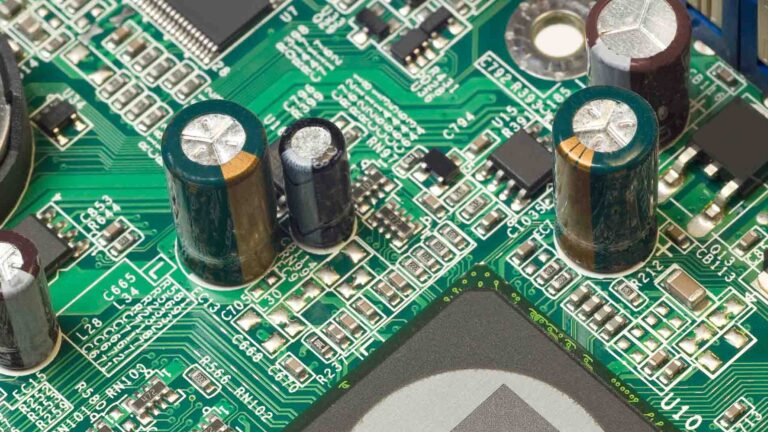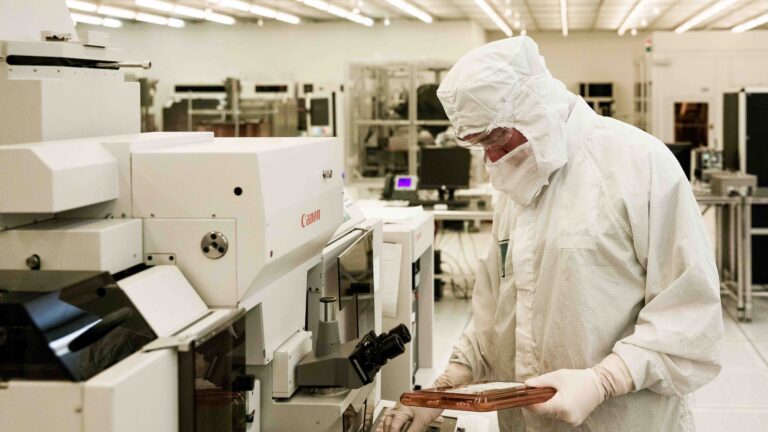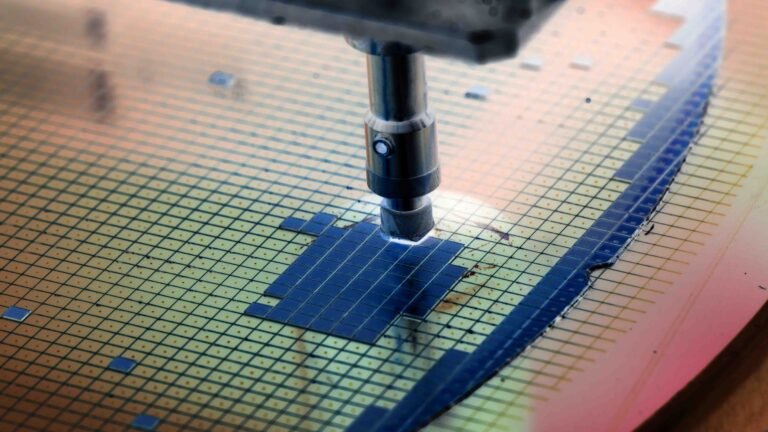College student (current or prospective)
Semiconductor Processing
ASU’s Certificate in Semiconductor Processing helps workers to rapidly obtain essential skills for semiconductor manufacturing, from advanced materials characterization to device theory and simulation, data mining, quality control and reliability, and Six Sigma methodology.

Anti-Fragile Supply Chain Design
This course trains current and future supply chain managers to identify risks and improve the resilience of microelectronics supply chains using cutting edge approaches in AI, machine learning, digital analytics and more.

Design of Experiments
The Design of Experiments Specialization offers training in the experimental tools and methods that are widely used in the microelectronics industry to improve products and processes. The four-course specialization is offered in a fully online, asynchronous format that provides maximum flexibility for current workers.

Data Analytics Methods
This course provides training and predictive modeling for business settings, including the microelectronics industry. The course culminates in a capstone project that gives learners the practice and confidence necessary to connect, explore, and analyze data sources.

Battery Technologies – Microelectronics
This Battery Technologies specialization builds an in-depth understanding of batteries for applications in microelectronics and electric vehicles, addressing battery applications, architecture, cell chemistries, battery charging, battery management Systems and more.

Designing Anti-Fragile Microelectronics Supply Chains
Microelectronic design, fabrication, manufacturing, and transportation networks extend farther across the globe each day. Learn crucial skills to strengthen each link of these increasingly long and complex supply chains with the Designing Anti-Fragile Microelectronics Supply Chains certificate.
Future Trends in the Semiconductor Industry
Improve your understanding of current and future trends in the semiconductor industry through curriculum that addresses consumer and industrial applications of microelectronics, technology drivers, industrial processes, supply chains and overviews of materials for semiconductor fabrication.
Global Context of Semiconductor Supply Chains
This course explores the linkages across global semiconductor supply chains and addresses the competencies and specialized knowledge necessary for semiconductor supply chain management.

Introduction to Quality and Program Management
This course offers students the ability to develop practical total quality management skills for application in real-world use cases, including the microelectronics industry, by addressing continual improvement of people, processes, products/services, and environments to enhance the process and outcomes of project management

Additive Manufacturing – Microelectronics
Learn about the growing field of additive manufacturing through an introduction to six different processes widely used in the microelectronics industry. This specialization is designed for learners interested in the applied basics of additive manufacturing processes and designs, including specific 3D printing methods.